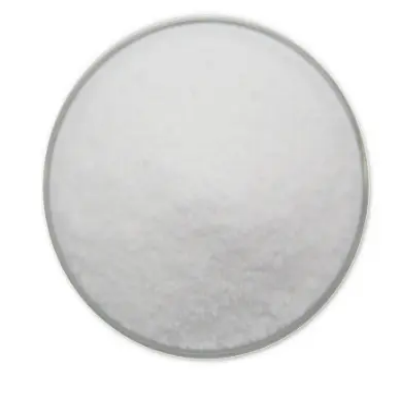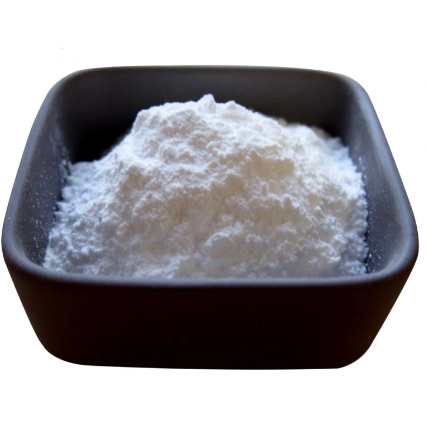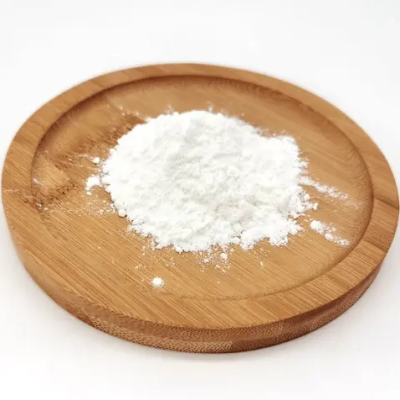Uridine CAS:58-96-8
Uridine, a key nucleoside comprised of uracil and ribose, is integral to the synthesis of ribonucleic acid (RNA), making it vital for cellular function and growth. As one of the four primary nucleosides in RNA, uridine pairs with adenine during transcription, ensuring the correct transfer of genetic information from DNA. This fundamental role in protein synthesis underscores its significance in various biological processes, including cell proliferation and metabolism. In addition to its structural function, uridine has garnered attention for its potential therapeutic properties. Research indicates that uridine may possess neuroprotective effects, which could be beneficial in treating neurodegenerative diseases such as Alzheimer's and Parkinson's. Studies suggest that uridine can enhance synaptic function and increase brain-derived neurotrophic factor (BDNF) levels, promoting neuronal health and improving cognitive function. These findings position uridine as a promising candidate for developing treatments aimed at supporting brain health. Furthermore, uridine has been explored for its impact on mood regulation and mental well-being. Some studies have indicated that uridine supplementation might help alleviate symptoms of depression by influencing neurotransmitter systems. This potential application highlights uridine's multifaceted nature and its importance in mental health research. Uridine’s derivatives, such as uridine monophosphate (UMP) and uridine triphosphate (UTP), also play significant roles in cellular metabolism. UMP acts as a precursor in the synthesis of nucleotides and nucleic acids, while UTP is involved in energy transfer and biosynthetic processes within cells. The regulation of these pathways underscores uridine's importance in maintaining cellular homeostasis. Additionally, researchers are investigating uridine for its potential applications in metabolic disorders. Preliminary studies suggest that uridine supplementation may improve lipid metabolism and support insulin sensitivity, offering insights into its role in managing conditions like obesity and type 2 diabetes. The versatility of uridine extends to its use in drug formulation. Uridine derivatives are being studied for their ability to enhance the efficacy of antiviral medications and other therapeutic agents. By mimicking natural nucleotides, these compounds can interfere with viral replication or enhance the activity of certain drugs. In summary, uridine is a crucial nucleoside that plays multiple roles in cellular biology, particularly in RNA synthesis and metabolism. Its potential neuroprotective and mood-regulating effects make it an exciting area of research in pharmacology and neuroscience. As our understanding of uridine deepens, it is likely to reveal new therapeutic avenues for addressing various health issues, solidifying its significance in both biology and medicine.



| Composition | C6H14N4O2 |
| Assay | 99% |
| Appearance | White Powder |
| CAS No. | 74-79-3 |
| Packing | 25KG |
| Shelf Life | 2 years |
| Storage | Store in cool and dry area |









